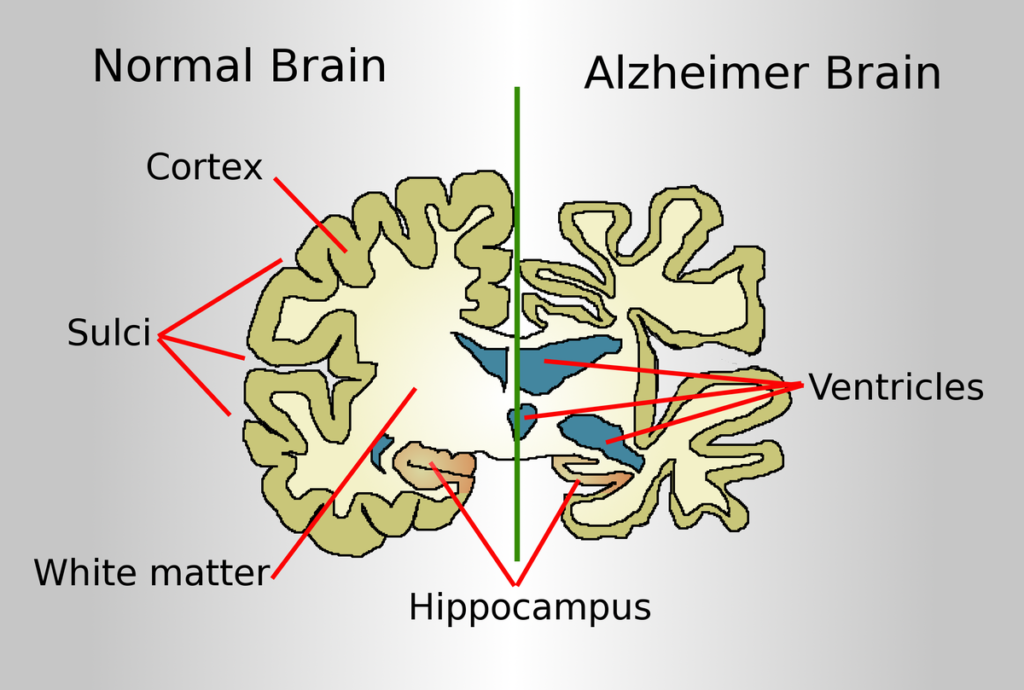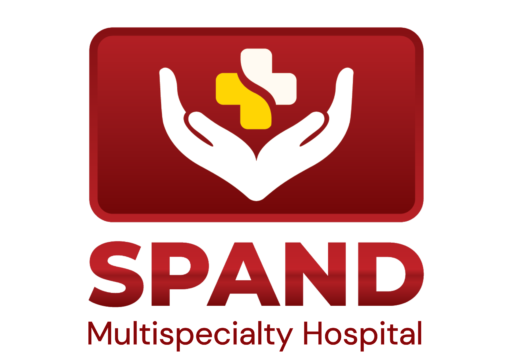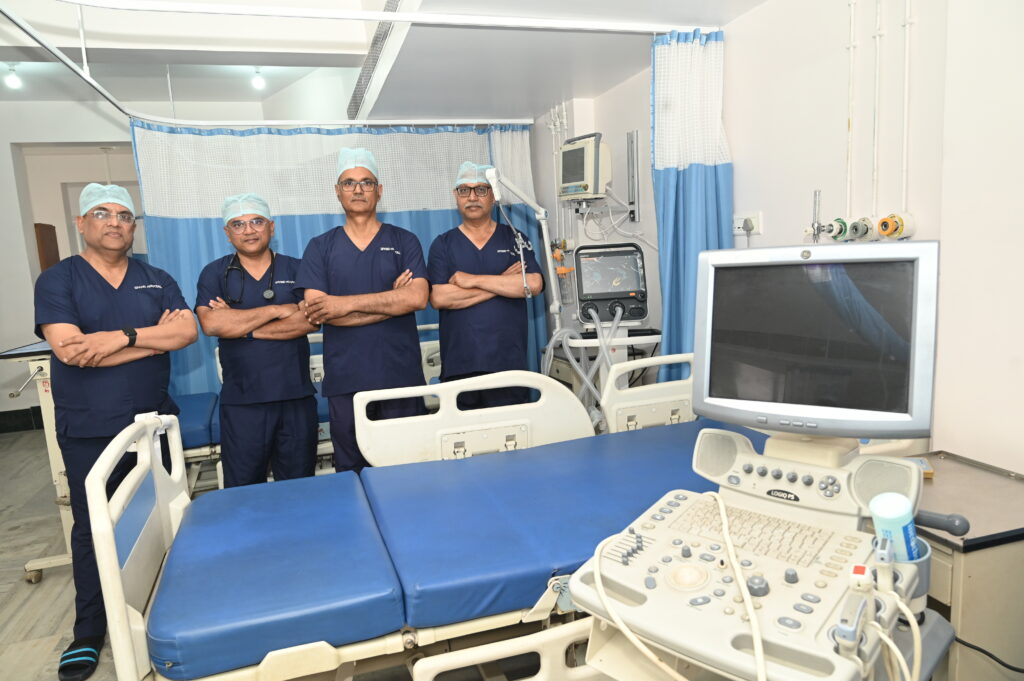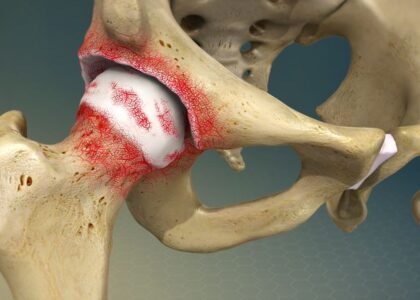Alzheimer‘s Disease

Alzheimer’s Disease is a progressive neurodegenerative disorder that affects memory,
thinking, and behavior. The symptoms typically develop slowly and worsen over time,
eventually becoming severe enough to interfere with daily tasks. Here are some
common symptoms of Alzheimer’s disease:
Early Symptoms:
1. Memory Loss: One of the most common signs, especially forgetting recently learned
information.
2. Difficulty Planning or Solving Problems: Trouble with following plans, working with numbers,
or following familiar recipes.
3. Confusion with Time or Place: Losing track of dates, seasons, and the passage of time.
Sometimes forgetting where they are or how they got there.
4. Trouble Understanding Visual Images and Spatial Relationships: Difficulty reading, judging
distance, and determining color or contrast, which may cause problems with driving.
5. Problems with Words in Speaking or Writing: Difficulty in following or joining a conversation.
May stop in the middle of a conversation and have no idea how to continue, or may repeat
themselves.
6. Misplacing Things and Losing the Ability to Retrace Steps: Putting things in unusual places
and being unable to retrace steps to find them again. Sometimes, they may accuse others of
stealing.
7. Decreased or Poor Judgment: Changes in judgment or decision-making, for instance, giving
large amounts of money to telemarketers. Paying less attention to grooming or keeping
themselves clean.
8. Withdrawal from Work or Social Activities: Removing themselves from hobbies, social
activities, work projects, or sports. They may have trouble keeping up with a favorite team or
remembering how to complete a favorite hobby.
9. Changes in Mood and Personality: Becoming confused, suspicious, depressed, fearful, or
anxious. May be easily upset at home, at work, with friends, or in places where they are out
of their comfort zone.
Later Symptoms:
1. Severe Memory Loss: Forgetting names of family members, personal history, and
recognizing familiar faces.
2. Difficulty Performing Familiar Tasks: Needing help with daily tasks like dressing, grooming,
and eating.
3. Language Problems: Increasing trouble with finding the right words, or even loss of the
ability to speak, read, or write.
4. Disorientation: Getting lost in familiar places and not knowing how they got there.
5. Behavioral Changes: More pronounced changes in behavior, including aggression, wandering,
and hallucinations.6. Physical Decline: Loss of motor skills, difficulty swallowing, and incontinence.
Advanced Symptoms:
1. Loss of Mobility and Motor Functions: Becoming bedridden and dependent on others for
care.
2. Severe Cognitive Decline: Inability to communicate, severe memory loss, and inability to
recognize loved ones.
3. Complications: Increased susceptibility to infections, especially pneumonia, due to
immobility and difficulty swallowing.
Managing Alzheimer’s Disease:
While there is no cure for Alzheimer’s, managing the disease involves a combination
of medication, lifestyle changes, and supportive care:
Medications: Cholinesterase inhibitors (donepezil, rivastigmine, galantamine) and
memantine can help manage symptoms.
Cognitive Therapies: Engaging in activities that stimulate the mind.
Supportive Care: Creating a safe and supportive environment, caregiver support, and
community resources.
More Information take consultation to Us we have Best Multispeciality Hospital for Alzheimer’s Disease










